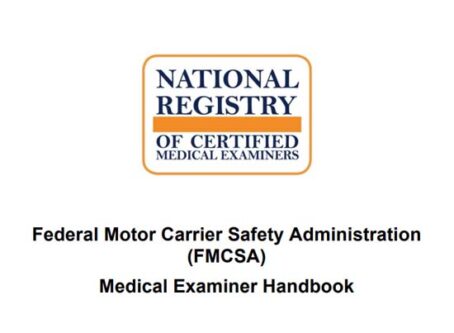Trucking industry losing drivers due to marijuana laws, ATRI study says
Marijuana laws are costing the trucking industry thousands of driving jobs, according to a new study by the American Transportation Research Institute.
On Monday, June 5, ATRI released its latest study titled “Impacts of Marijuana Legalization on the Trucking Industry.” The study looks at how the growing number of states legalizing marijuana is affecting the trucking industry.
One key finding is that thousands of drivers are either leaving the industry or deciding not to enter the industry because of the current state of marijuana laws. Essentially, more states have laws that conflict with federal laws, the latter of which truck drivers are subjected to.
According to the study, more than 100,000 drivers tested positive for marijuana and were removed from duty from 2020 through 2022.
More than half of all positive trucking industry drug tests are for marijuana. Once a trucker tests positive for marijuana, they are removed from the industry until remedial steps are taken.
However, those remedial steps are not being taken. According to Drug and Alcohol Clearinghouse data from 2020 through 2022, nearly 73% of drivers with positive test results during that period were in prohibited status at the beginning of 2023. More than half have not initiated the return-to-duty process. Only 4.5% of drivers with previous positive tests completed follow-up testing for return to duty. This suggests that drivers are just leaving the industry after a positive test rather than go through the process of being eligible to drive again.
“Should the federal government maintain current marijuana laws, the trucking industry will continue to have thousands of drivers annually placed in prohibited status and will lose many others to occupations that do not test for marijuana use,” ATRI states in its study. “Ultimately this puts pressure on the availability of CDL drivers.”
Most carriers are willing to hire a driver with a past positive marijuana test. Among the motor carriers surveyed, 56.3% indicated they “might hire” an applicant with a past positive. However, 37% of those carriers have a five-year waiting period from the date of the positive test. Nearly 30% have a wait time from one to five years.
In 2019, 10 states had legalized marijuana for recreational use. Currently, that number has more than doubled, with 23 states now having a recreational use law in the books. Half of the general population lives in one of these states. More than 40% of truckers live in a state where recreational marijuana is now legal. Those numbers are more than double what they were in 2019.
How do marijuana laws affect the nation’s highways? The number of studies done on the subject is relatively scant, ATRI reported. Several studies suggest that being under the influence of marijuana negatively affects driving performance. However, most of those studies indicate that more research needs to be done to fully understand that impairment.
Pre-employment testing yields the most positive tests.
According to annual data from the Alcohol Management Information System, more than 70% of positive pre-employment tests included marijuana over a 10-year period. Comparatively, about 67% of all drug testing that showed up positive included marijuana. That percentage is lower (58%) among random drug testing.
Drug testing is not free. The Federal Motor Carrier Safety Administration raised its random testing rate from 25% to 50% based on calculations that the rate of positive tests is more than 1%. According to ATRI, that costs the industry from $50 million to $70 million.
The OOIDA Foundation, the Owner-Operator Independent Drivers Association’s research arm, agreed with most of ATRI’S findings.
“We think that overall the research was fairly presented and we certainly agree that anything that causes drivers to not be in control of their vehicles needs to be looked at,” the Foundation said in a statement. “We also agree that there is a need for more information and studies rather than hyperboles that are expressed by some large carriers – those that believe that someone who used a drug 30-90 days ago is an abuser of drugs and should be reported.” LL









